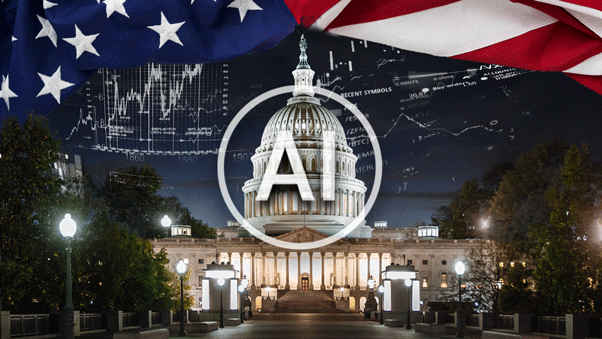Our socio-economic landscape faces a significant challenge: the potential for widespread job displacement due to artificial intelligence. As AI increasingly automates tasks across various sectors, from manufacturing and customer service to creative fields, a growing number of individuals may experience job insecurity. This shift could lead to a decline in federal revenue, as our current system heavily relies on income tax. Addressing this issue requires proactive and innovative solutions.

The rapid advancement of AI capabilities suggests that while many jobs are currently secure, AI could eventually perform a wide range of tasks more efficiently and cost-effectively than humans. The development of sophisticated robots further extends AI's potential impact to physical jobs, including construction, healthcare, and even domestic tasks. This transition, while not immediate, appears inevitable, driven by companies seeking increased productivity and cost savings. The crucial question isn't *if* AI will displace a significant portion of the workforce, but *when*.
A future dominated by AI-driven automation could be positive if we adequately address the societal implications of widespread unemployment. The immediate concern is the loss of income for individuals, impacting their ability to afford basic necessities. Furthermore, the government's reliance on income tax revenue creates a secondary challenge. With a shrinking tax base, federal revenue would decline, coinciding with an increased need for social support programs.

Traditional support systems for the unemployed, such as welfare or Universal Basic Income (UBI), have faced resistance due to concerns about wealth redistribution. However, the emergence of AI presents a novel approach: taxing the work performed by AI systems. This differs significantly from traditional socialist or communist models. Instead of taxing human labor to support the unemployed, we would be leveraging the output of AI and robots.

Given that AI systems are often trained on publicly available data, taxing AI could be viewed as a licensing fee for using this data, providing a return to citizens. While concerns about the impact of taxation on businesses are valid, the substantial cost savings from replacing human workers with AI should be considered. Moreover, AI-driven systems can operate continuously, further enhancing productivity.

The key challenge lies in defining a practical method for measuring and taxing "AI work." However, the underlying issue of potential job displacement due to AI remains critical. Whether through taxing AI or other innovative solutions, we must proactively address this challenge to ensure a future where humans can thrive in an AI-driven world.

Comments(0)
Top Comments